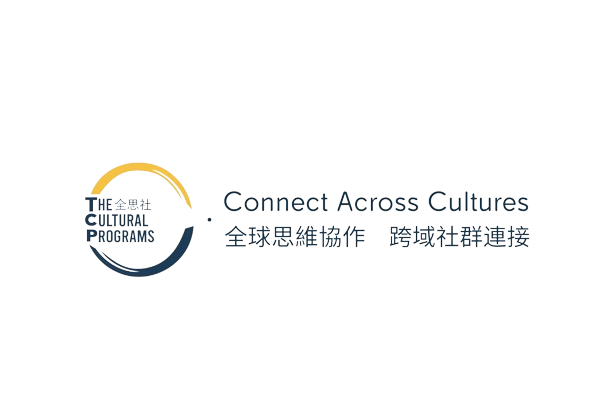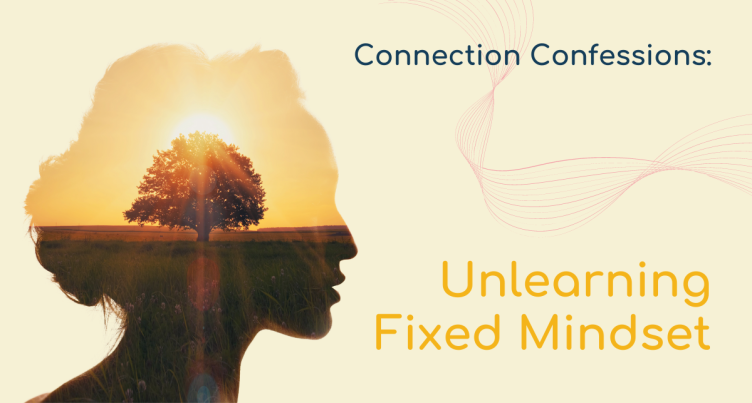
Connection Confessions: Unlearning Fixed Mindset
Connection Confessions: Unlearning Fixed Mindset https://tcpgrowth.com/wp-content/uploads/2023/08/1683855817088.png 752 403 Margot Margot https://secure.gravatar.com/avatar/3d371c596b95c891d90a47035ce643cd?s=96&d=mm&r=g- Margot
- no comments

Enrolling in a leadership coach training program in 2018 made me realize the challenges I had unknowingly created for myself. Despite my decades-long professional experience in cross-cultural partnerships within the media and technology industries, a crucial realization has dawned on me.
I realized the importance of a growth mindset to foster smoother and happier human connections, which come before skill sets.
Growth mindset is a concept developed by psychologist Dr. Carol Dweck. She first published her research on growth mindset in 2006 in her book “Mindset: The New Psychology of Success.” Since then, the idea of growth mindset has gained widespread attention and has been applied in various fields, including education, sports, and business.
It is based on the idea that individuals who believe they can improve and grow tend to achieve more than those who believe their abilities are fixed. People with a growth mindset see challenges as opportunities to learn and grow, rather than as threats to their self-worth. This mindset can be cultivated through deliberate effort and practice and can lead to greater resilience, motivation, and achievement.
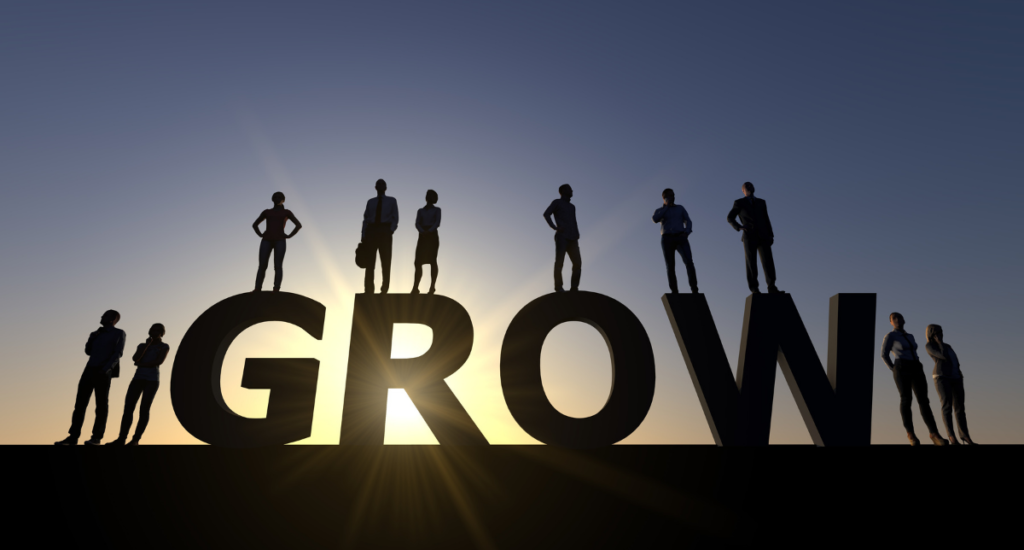
However, I came to the realization that the fixed mindset had been louder in my head and had been with me for years.
Growing up in a prestigious, highly competitive convent school in Hong Kong, I was raised in an environment that emphasized success and scores, often with labels. We were constantly judged and categorized based on our perceived strengths and weaknesses – whether it was being labeled as “bad” at math or “good” at language. As someone who received decent grades in communication and language, I was categorized as a communicator from a young age. However, this label and my own ego often blinded me to the importance of a growth mindset. I didn’t take the time to reflect on how I could improve my communication skills, nor did I ask myself the crucial question: “How can I do better?”, until much later in my career as an executive coach.
I decided to unlearn the fixed mindset that I had and replace it with a growth mindset.
In this article, I want to share some of the mistakes I have made and address eight common challenges in human connection. By acknowledging and addressing these mistakes, I hope to help others avoid them and build deeper, more meaningful relationships.
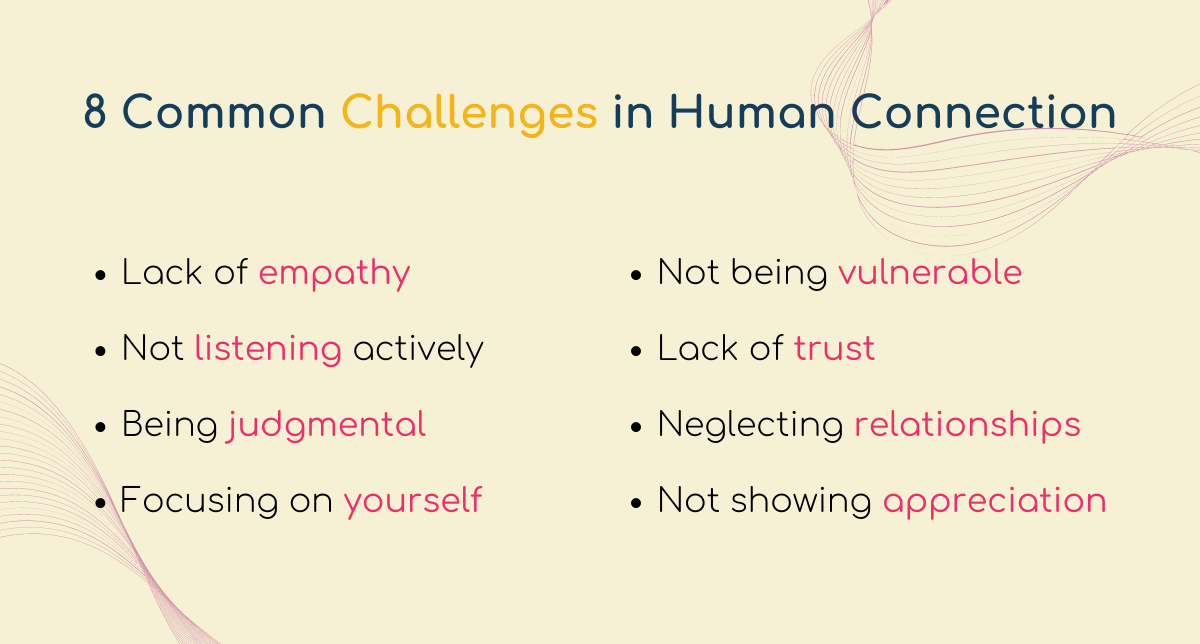
The eight common mistakes I want to address are:
- Lack of empathy: Failing to understand and relate to others’ perspectives and emotions can hinder human connection.
- Not listening actively: Not giving others your full attention when they speak can make them feel unheard and disconnected.
- Being judgmental: Making assumptions and being critical of others can damage the human connection and create a barrier.
- Focusing on myself: Being overly self-centered and not taking others’ needs and feelings into account can damage the human connection.
- Not being vulnerable: Failing to share your own thoughts and emotions can make others feel like they don’t really know you and create a sense of distance.
- Lack of trust: Trust is a crucial component of human connection, and failing to trust others can make it difficult to form meaningful relationships.
- Neglecting relationships: Failing to put in the time and effort to maintain relationships can lead to distance and disconnection.
- Not showing (enough) appreciation: Failing to show gratitude and appreciation for others can make them feel undervalued and unimportant.
Each of these mistakes has a story behind it, which I will delve into further in upcoming articles.
As a connection catalyst a.k.a. a communication consultant, with decades of work experience and multiple degrees in communications, I firmly believe that cultivating a growth mindset is crucial in the field of communication, particularly when dealing with media and people.
The ability to adapt and improve is essential for building deeper human connections – whether to your business partners, colleagues, or audiences.
People with a growth mindset see challenges as opportunities to learn and grow. This mindset can be cultivated through mindfulness, deliberate effort and practice, leading to greater resilience, motivation, and achievement.
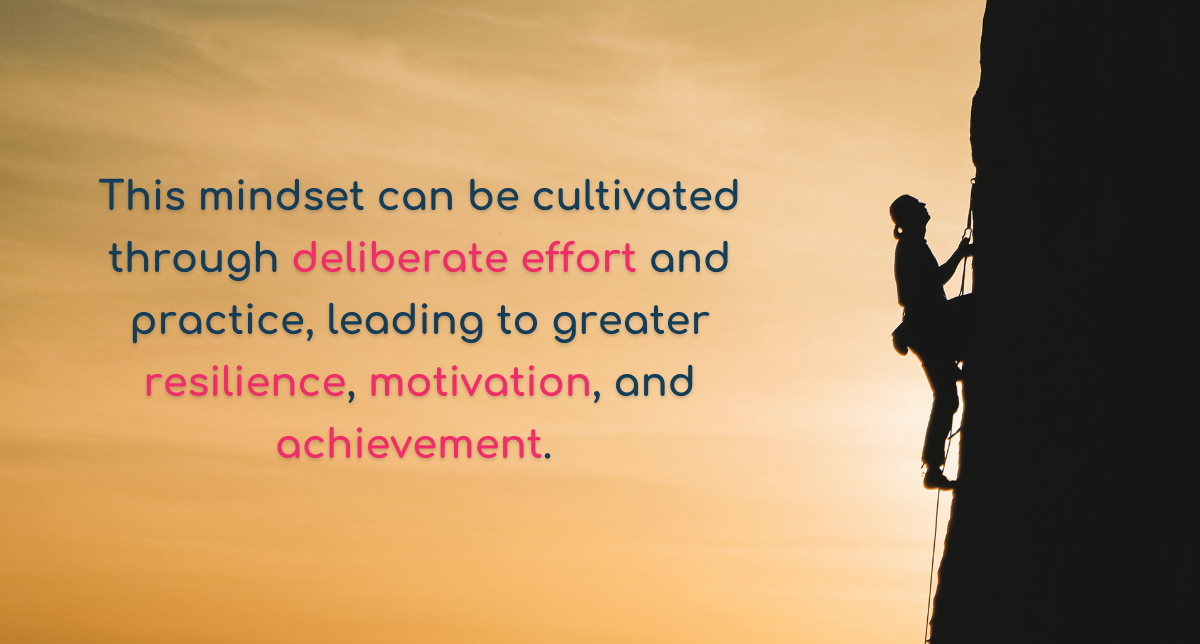
What do you think about the growth mindset?
I hope that by sharing my mistakes and lessons, I can inspire you to unlearn fixed mindsets and cultivate a growth mindset in your own communication journeys.

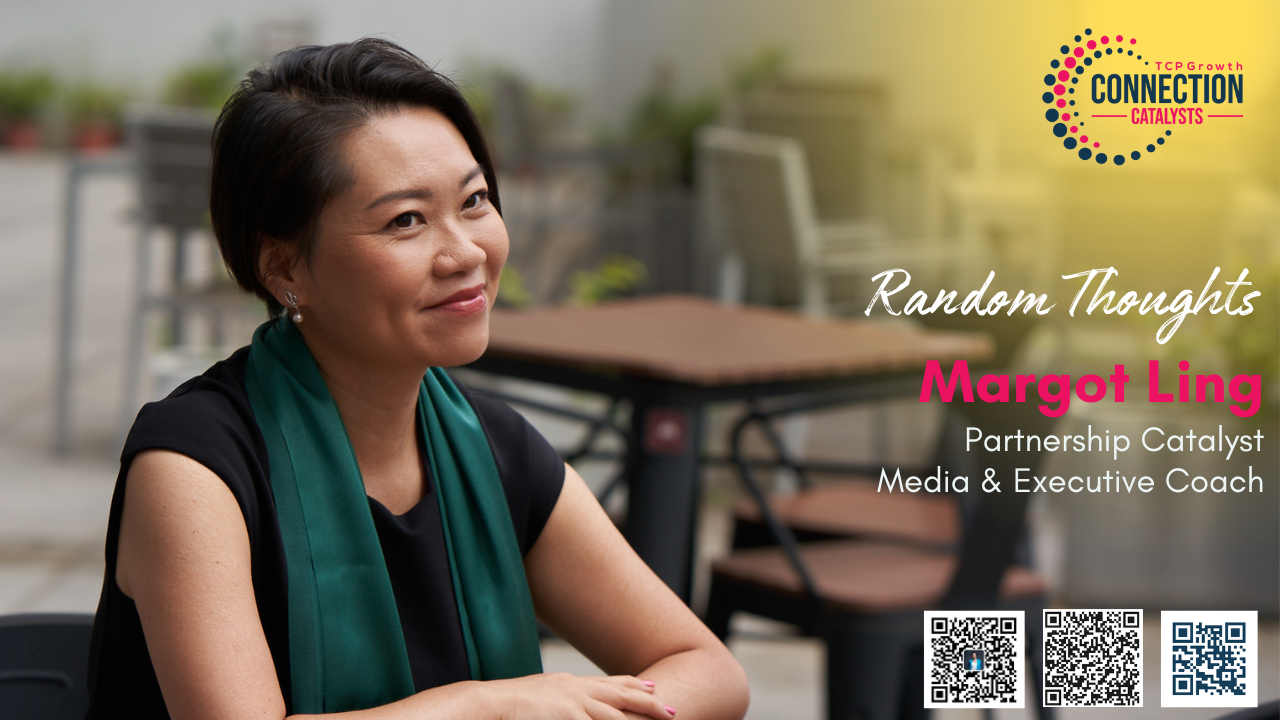
- Posted In:
- Margot Ling
- Uncategorized

